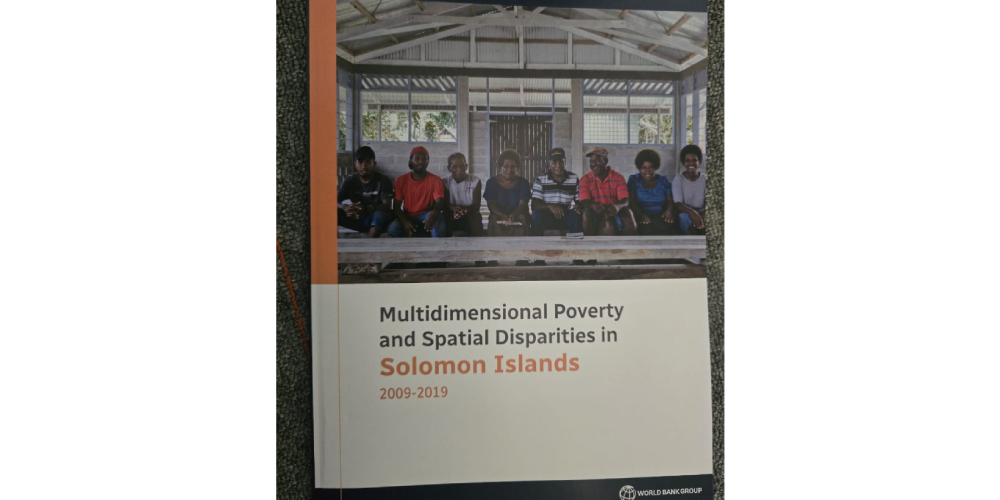The Solomon Islands National Statistics Office (SINSO) has successfully carried out a National Economic Establishment Census (NEEC) in 2024, encompassing business establishments across all principal locations in the country’s nine provinces and Honiara.
The extensive census was conducted by a team of 55 enumerators and 18 team leads and collected crucial data on both formal and informal business entities.
Out of 183 total wards, 108 were selected based on population density, ensuring a representative sample from various regions.
The NEEC was conducted with financial and technical support from the World Bank (WB) as part of the Capacity Building for Statistics and Audit (CAPSA) project.
The census identified 8,275 formal business establishments—those that are formally registered, taxed, and licensed—alongside 8,222 informal micro establishments, which operate without government registration or regulation.
In addition to traditional sectors, data was gathered from over 800 establishments across diverse industries, including agriculture, banking, and insurance.
The data collected from the NEEC will contribute to building a statistical business register (SBR) for Solomon Islands, which is essential for the compilation of economic statistics in the coming years.
This register aims to provide more reliable and comprehensive economic indicators, enhancing policy-making and evaluation processes.
Despite the comprehensive nature of the census, SINSO notes that further data collection will be necessary to capture a complete picture of the business landscape, particularly for those operating in informal settings, such as home-based businesses, mobile vendors, and various service sector activities.
The NEEC findings will deliver vital insights into the characteristics of the business sector, including the number of establishments, their respective industries (manufacturing, trade, services), workforce composition, legal status, ownership, and turnover classes.
By John Chrisma
Solomon Star









